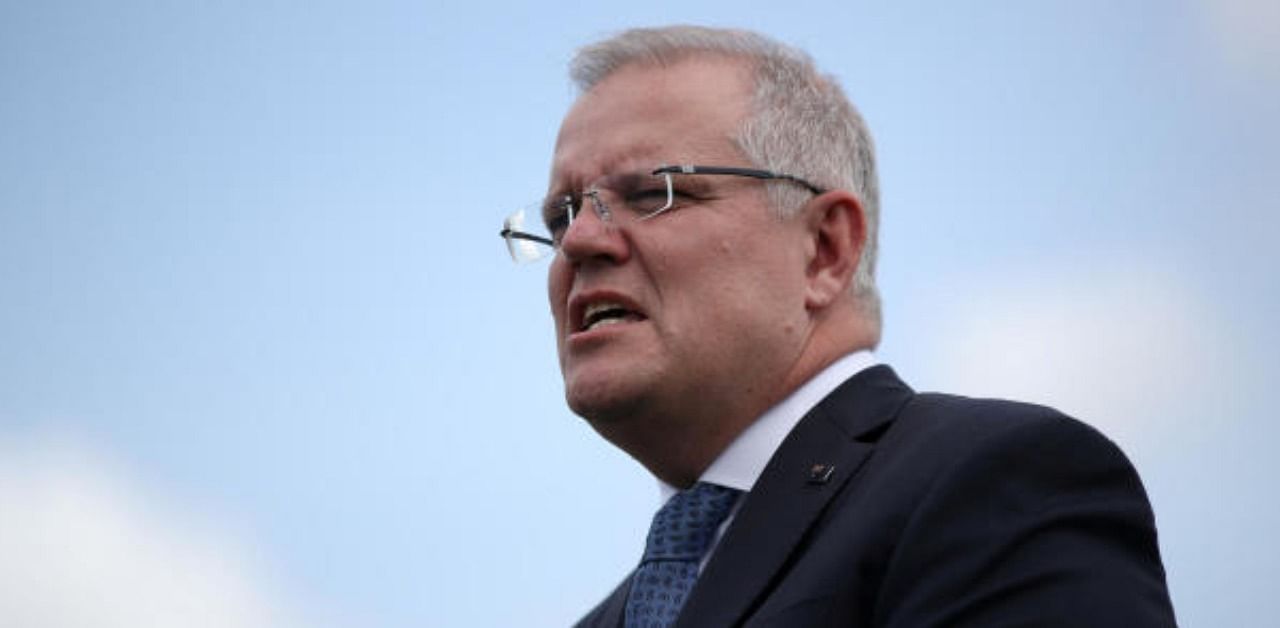
Australian Prime Minister Scott Morrison said Tuesday there was no evidence that Chinese-owned TikTok had abused the data of its hundreds of millions of users.
"We have had a good look at this, and there is no evidence for us to suggest... that there is any misuse of any people's data," he told the Aspen Security Forum meeting in Aspen, Colorado.
"There are plenty of things that are on TikTok that are embarrassing enough in public, but it's that sort of social media device," he said via videoconference, chuckling.
However, he said, Australians need to be "very aware" that TikTok and other social media platforms, including US-owned companies, reap enormous amounts of information on users and subscribers.
The difference with TikTok, he said, is "that information can be accessed at a sovereign state level," a reference to Chinese companies' legal obligation to share data with state intelligence services if they want it.
"But I think people should understand -- and there's a sort of buyer-beware process -- there is nothing at this point that would suggest to us that security interests have been compromised."
Citing a national security threat, President Donald Trump on Monday gave TikTok's parent ByteDance six weeks to sell the app to an American company or find it shut down.
Microsoft is in talks with ByteDance, and any deal could include TikTok's Australia business.
But Morrison downplayed the immediate threat.
"There is no reason for us to restrict those applications at this point. We'll obviously kep watching them."
Nevertheless, he stressed that people "need to understand where the extension cord goes back to."
Earlier, China's ambassador to the United States, Cui Tiankai, told the Aspen Security Forum that the US move to force the sale of TikTok violated free-market principles.
"There is such a degree of political intervention -- government intervention -- into the market, there is such discrimination against Chinese companies, and these companies are just private companies," he said.
"To accuse China of not giving American companies a level playing field while at the same time they themselves are denying Chinese companies such a level playing field, this is extremely unfair."